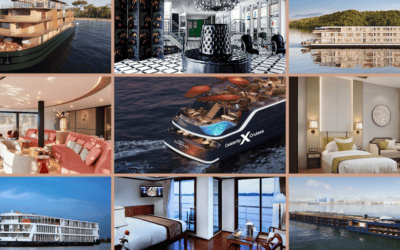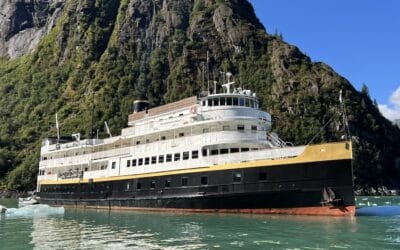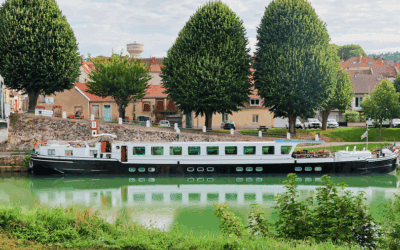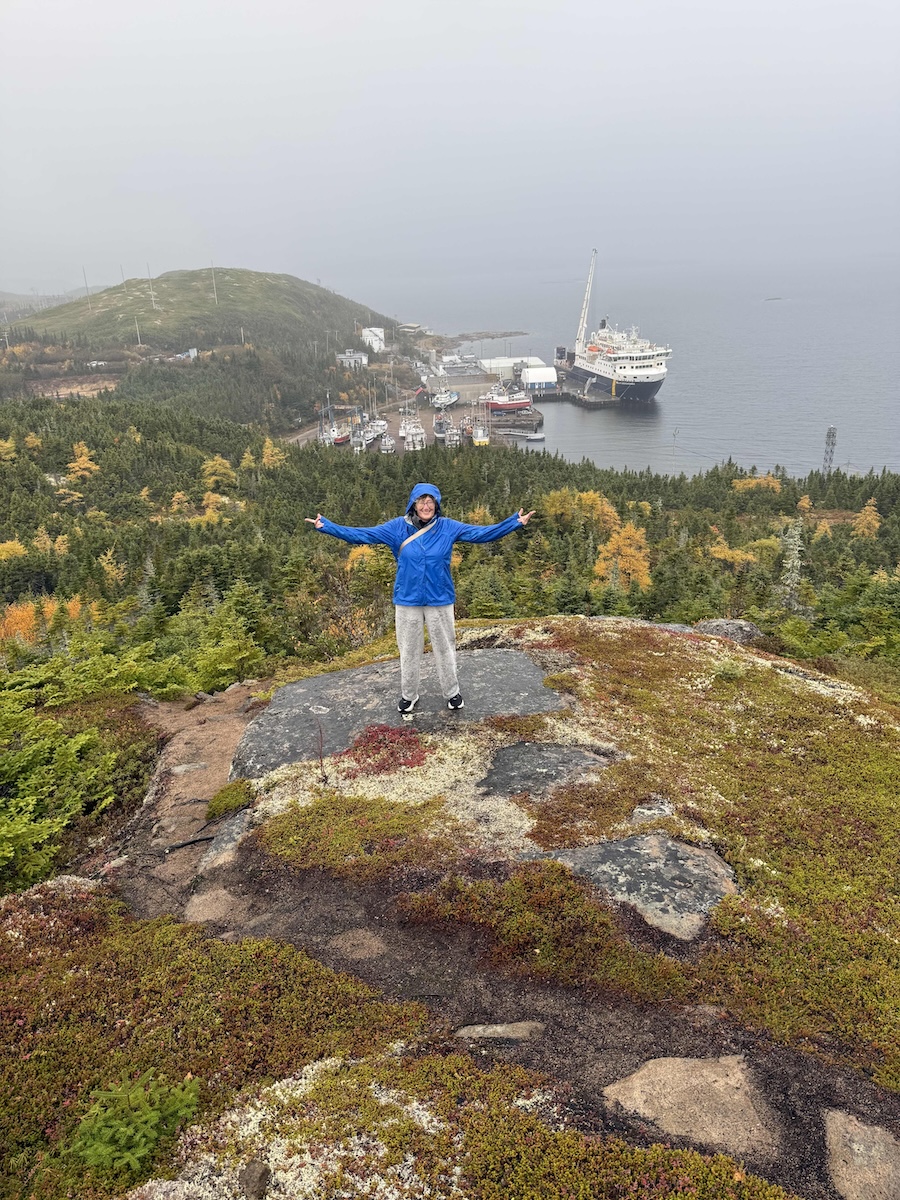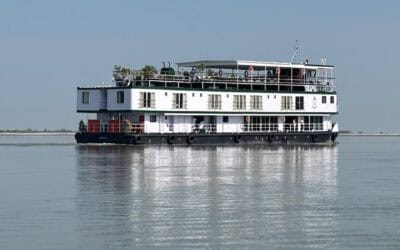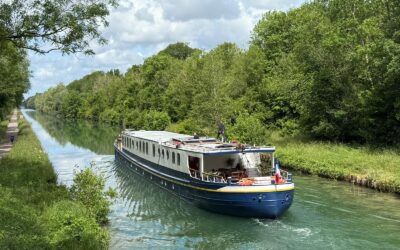Hugging the Coast of Maine
By Ted Scull.
Updated Oct 2024
As our goal was to be well removed from mega ships and milling crowds for a summer trip a few years ago, my wife and I hunted for a cruise that would be a complete change of pace.
We chose one that puttered no further than along the rugged coast of Maine. Even more focused, the itinerary concentrated on the state’s Penobscot Region with a diversion east to the popular cruise port at Bar Harbor on Mt. Desert Island. Hugging the coast of Maine for a week was immensely appealing to us.
American Cruise Lines' 100-passenger American Star that we boarded at Portland, Maine had been built at the owner’s Chesapeake Bay shipyard in Salisbury, Maryland. Spacious for a coastal cruise ship at about 200 square feet, our cabin was furnished with a sofa, chair, coffee table, desk under a window that opened, flat-screen TV, queen-size bed, decent storage space and commodious bath with shower. Internet was free of charge, and for better reception, the captain told us to keep the cabin door open when using our laptop! The balcony cabin was just wide enough for two chairs and a table.
The airy dining room, with meals at open seatings, was located aft on the lowest deck and faced over the stern and to port and starboard. Flying the American flag, the deck hands and staff are American, mostly young and eager to earn a wage to help defray the cost of university or graduate school.
American Cruise Lines does not sell alcohol (update, this is no longer the case; a full bar is offered aboard American Cruise Lines's entire fleet), and instead invites passengers to the main lounge for hot hors d’oeuvres and a bar setup one hour before dinner.
With everyone wearing name tags listing hometown and state, the welcome setting encourages interaction.
Lobster was the theme of this cruise and it appeared at every meal in many forms, from lobster omelets, rolls, bisque, quiche, salad, Newburg and steamed to mention just a few variations.
A bit much perhaps, but most diners come from non-New England parts where real Maine lobster is a rare commodity. Native Americans used lobster as fertilizer and dog food, and prisoners were once fed lobsters, which was considered a cruel and unusual punishment. Imagine that!
Bar Harbor
The longest water passage took us to Frenchman Bay and Bar Harbor, gingerly picking our way between lobster buoy markers and rocky islands. Our historian told us that the Maine lobster is a cannibal, so every pot must be regularly raised to collect those that found their way into the traps and before they devour a cellmate.
Mt. Desert Island looms as the most recognizable feature, and in the center Cadillac Mountain rises higher than any other point along the East Coast south to Key West. Unlike the big cruise ships that have to anchor and passengers tender in, the American Star tied up at the town landing, adjacent to the green, the tourist information center and the main street leading up the hill.
We took the organized excursion up through Acadia National Park to Cadillac Mountain for its 360-degree of the Maine coast, interior mountain ranges, far out to sea and down to the moored ships. Then back in town, at low tide. which it was, nearby Bar Island became accessible on foot for a nice walk through the woods for views of the mainland on the far side. We chose a different route each way to pass along streets lined with turn-of-the-last-century stone, wood and brick summer houses.
While Bar Harbor is extremely touristy during the day, it quiets down at night as most leave town by car or cruise ship. A coastal footpath makes for an evening stroll eyeing the boats at anchor and the houses facing the water.
Rockland
After a 24-hour call, we aimed for Rockland, and unlike most of Maine’s coastal towns, it's a genuine commercial port with a sizeable fishing industry, docks for limestone export and the principal terminal for the State of Maine ferry fleet serving the out islands.
In the summer, Maine windjammer cruises are popular one-day to one-week options, and several are based here and at nearby Rockport and Camden.
Next to our landing, we visited the Maine Lighthouse Museum with its superb collection of Fresnel lenses that gave the lights their distinctive long-range beams.
The Maine Coast is littered with beacons, though all are unmanned now, so it is of interest to learn about the keeper’s often remote lifestyle, in some cases raising families in partial or total isolation.
The town’s main attraction is the Farnsworth Art Museum, a complex made up of a purpose-built museum building, the former Farnsworth family house and a Congregational church converted to display art on two levels. The key collection displays Maine’s most famous artistic family, three generations of Wyeths. The youngest, Jamie, painted and still paints landscapes and local residents, while his father Andrew was cast as a twentieth century realist, and his grandfather N.C., was an illustrator whose work included the Far West.
Additional artists featured included Andy Warhol, a friend of Jamie Wyeth; Edward Hopper; Rockwell Kent and sculptor Louise Nevelson.
Outside of Rockland, the Owls Head Transportation Museum has an active airfield used to send its collection of antique airplanes airborne and a huge shed housing historic vehicles. One of the most curious was a 1923 popcorn and peanut wagon built on a Model T chassis. Others included a 1948 Buick Special and a varnished wood-sided Ford station wagon. An auction had just taken place, and new owners were collecting the keys to drive away with their new purchases.
Camden & Castine
The American Star anchored off Camden, a part from Bar Harbor, arguably the Maine Coast’s most popular town known for its handsome brick main street and quality shopping. US Route 1 passes through the center, and as the heavy summer traffic moves so slowly, it is easy to cross the street.
Mt. Battie, like Cadillac, affords a fine view down to the town and out to the islands with the ferries leaving a wake in the manner that airliners spew white vapor trails in the sky.
A stop in Rockport revealed the limestone industry that thrives to this day, though the coal and wood-burning kilns, steam engines and narrow gauge railroads are displayed as artifacts. However, one standard gauge line still operates to the Rockland docks.
With the Maine Maritime Academy on the summer semester break, Castine exuded an unusually quiet atmosphere. Without a guide, one would have never known that Castine had such a long history that included great wealth based on whaling, salt and timber. Its heyday lasted until the Civil War, and then the summer people arrived with the railroads and steamboats, leaving a legacy of beautiful residential and church architecture.
Belfast & Boothday
The call at Belfast on a river, with the tongue twisting name of Passagassawakeag, gave access to the Penobscot Marine Museum in nearby Searsport. Like many important New England ports, both whaling near and far and the lucrative China trade brought great wealth and important connections to the rest of the world. Successful captains returned from Asia with fine china, furniture and artwork to furnish their opulent houses with some of the treasures presented here in period rooms.
Photographs depict life on board during the long voyages out and back, storms at sea, and the British Colony of Hong Kong after the Treaty of Nanking in 1842. An historic video taken by a brave sailor shows mountainous seas sweeping across the open decks and one wondered how the ship survived the pounding. Of course, many did not.
Boothbay Harbor, referred to as the “Boating Capital of New England,” is chock-a-block with pleasure craft and fishing boats. The town is typically very busy in the summer, its streets bordered by flowers and the commercial heart replete with the expected antique and collectible stores and art galleries. If that does not satisfy, then take the excursion to the Coastal Maine Botanical Gardens two miles out of town.
The last call was at Bath, a venerable shipbuilding town city that found its place back in sailing ship days, building clipper ships, and during World War II, it completed a ship every 17 days.
Bath Iron Works, the venerable shipyard, now owned by General Dynamics, is still a major employer building ships for the U.S. Navy, while the Maine Maritime Museum has preserved the earlier days at another now closed shipyard. With its industrial background, the town has city-size buildings completed in Federal, Greek Revival and Italianate styles fronting on the Kennebec River estuary that forms its natural harbor.
Leaving Bath as the fog rolled in, we could hear warning sounds from lighthouses and beacons ashore as well as our American Star’s own horn.
After a week of long range views, sunshine and a few drops of rain, the somber atmosphere was almost claustrophobic until we finally broke out of the damp, gray mist to tie up Portland, our disembarkation port.
Interested in an American Cruise Lines Maine Cruise?
Click here for more info on American Cruise Lines.
Don’t miss a post about small-ship cruising, subscribe to QuirkyCruise.com for monthly updates & special offers!
© This article is protected by copyright, no part may be reproduced by any process without written permission from the author. All Rights Reserved. QuirkyCruise.com.

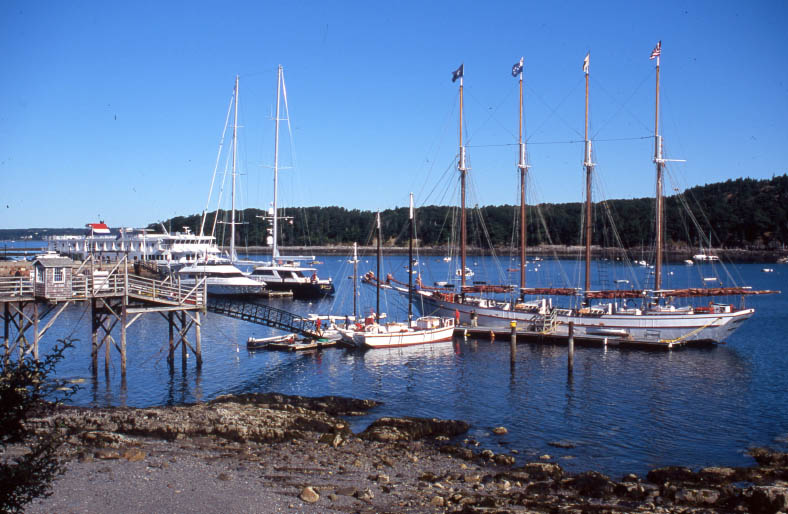
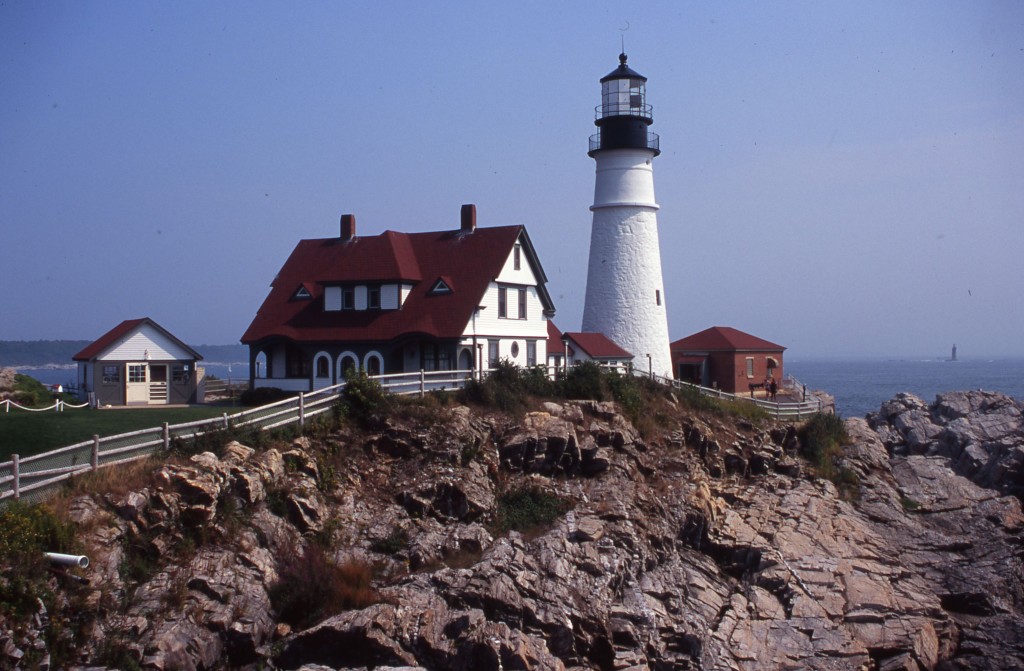

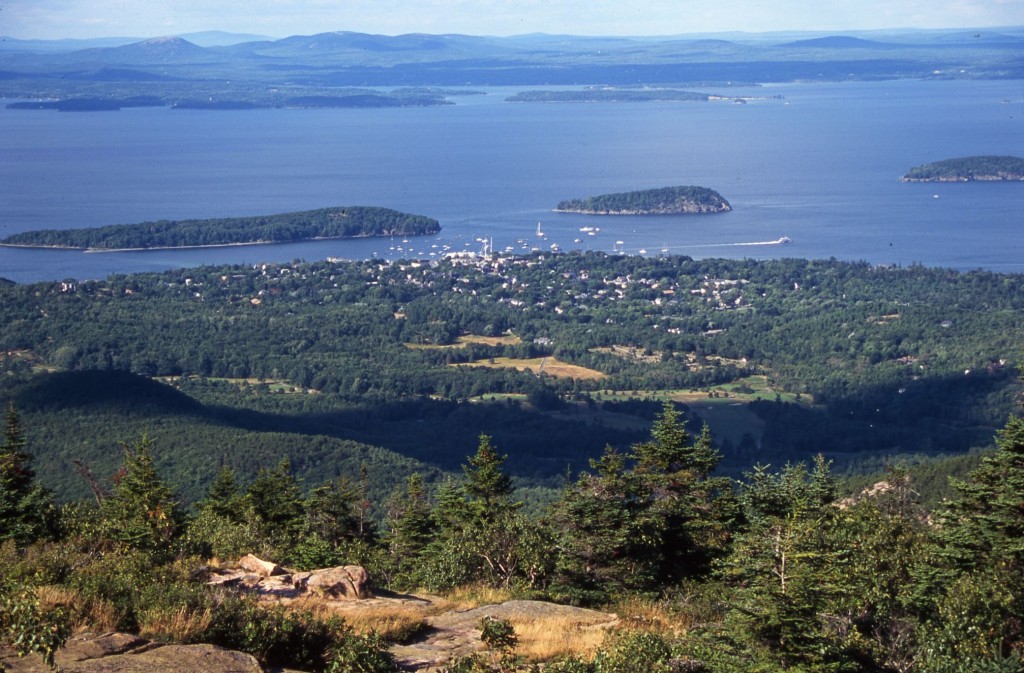
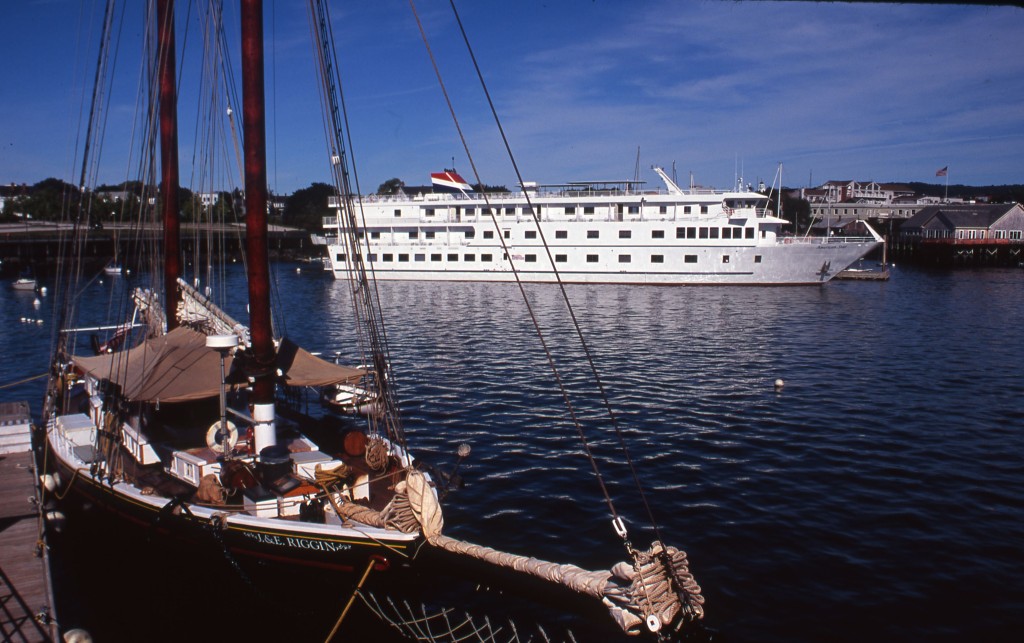
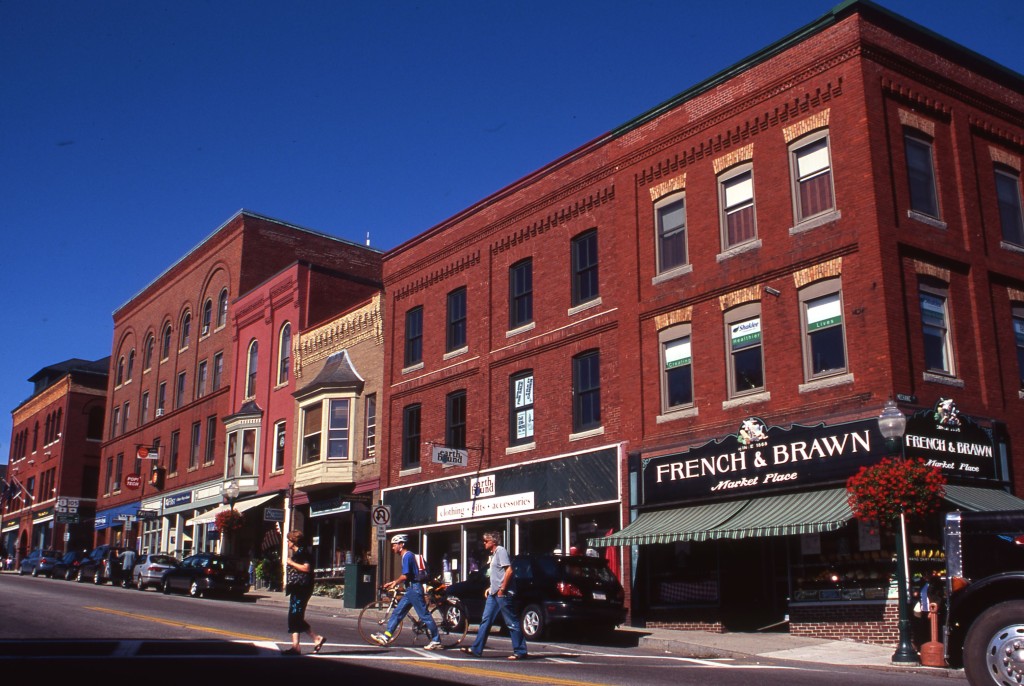
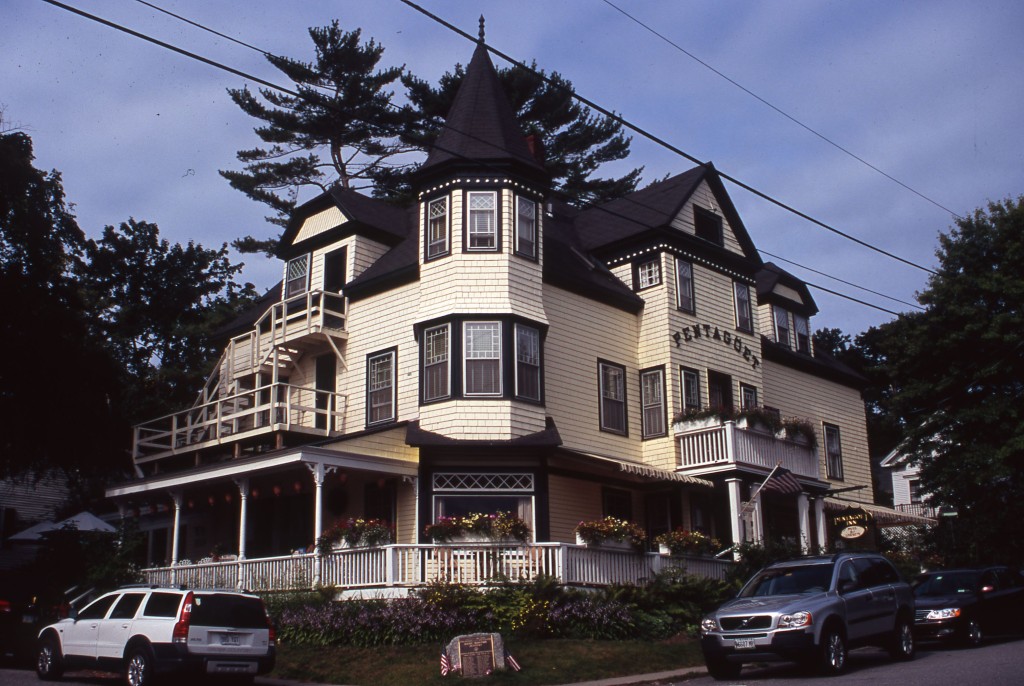
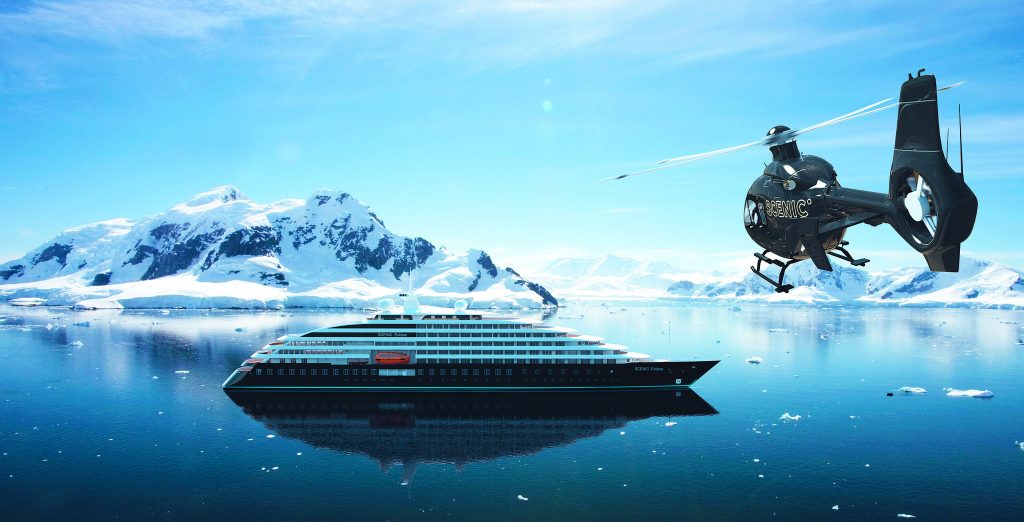

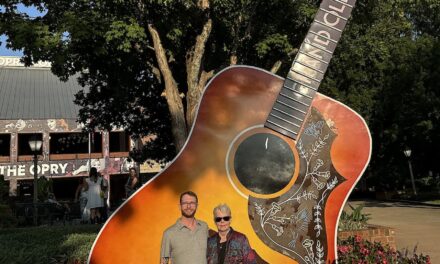
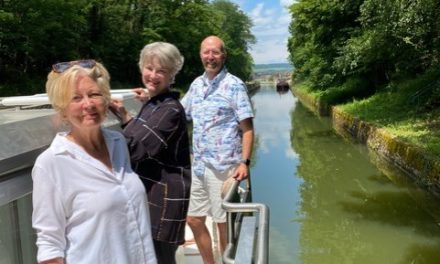

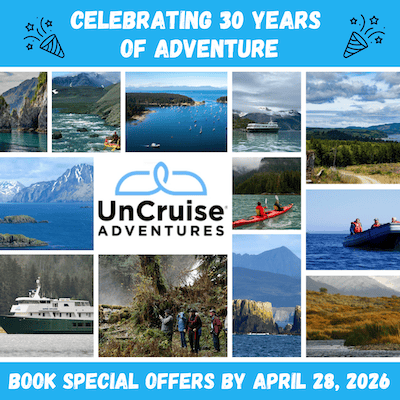
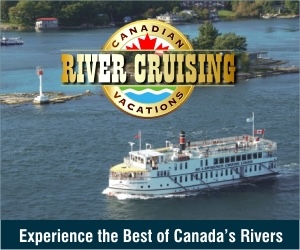

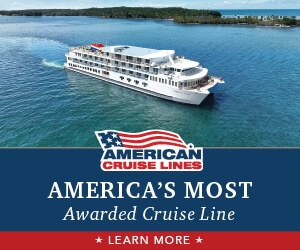

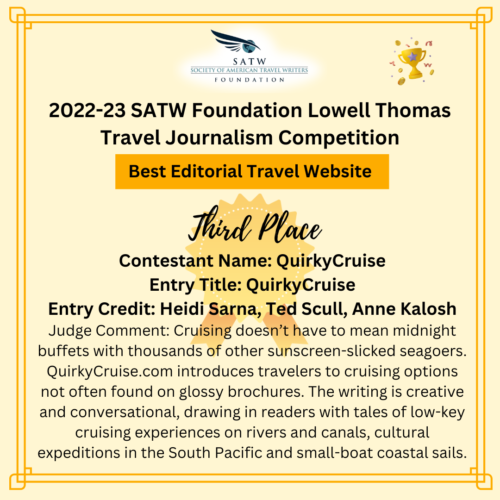


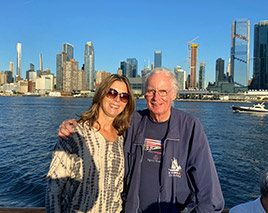 HEIDI SARNA
HEIDI SARNA


